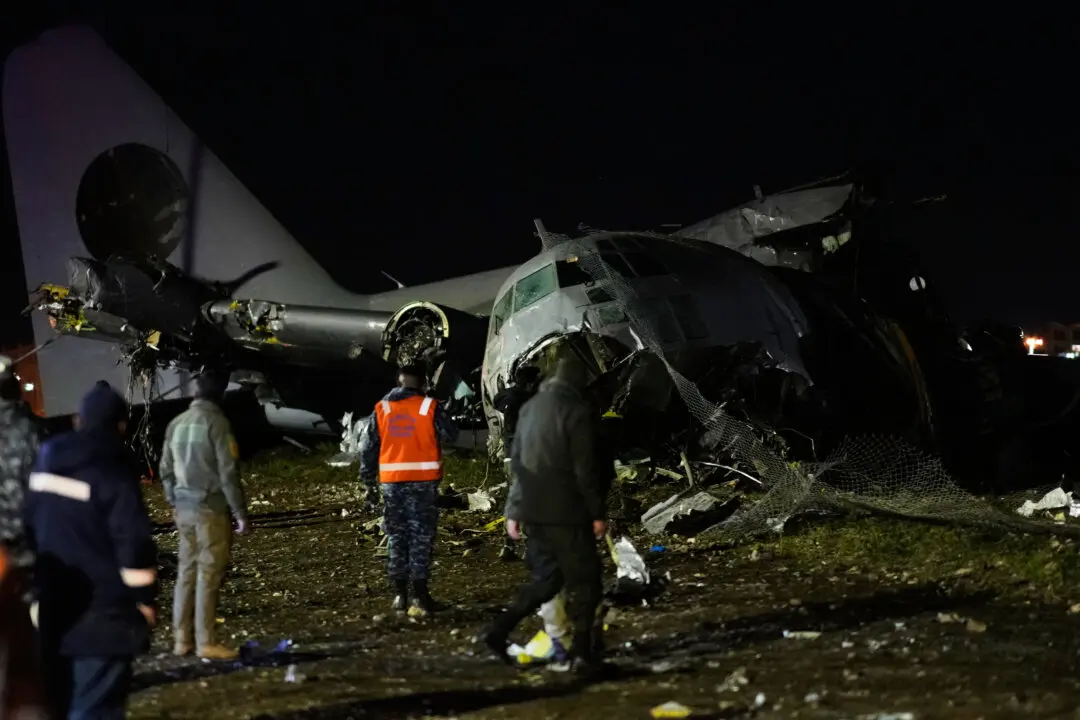WASHINGTON—Delta Air Lines Inc. said on Friday it will suspend service to 10 U.S. airports where it services a nearby airport until at least September amid the massive travel falloff due to the coronavirus outbreak.
Delta is halting flights to Chicago Midway; Oakland International Airport; Hollywood Burbank; Long Beach; Providence, R.I., Westchester County Airport; Stewart International; Akron-Canton, Ohio; Manchester, N.H. and Newport News/Williamsburg until at least September.





